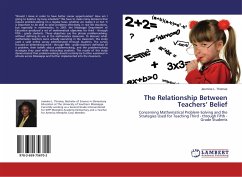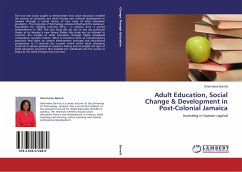Although the Constitution of the United States does not specifically mention education of the populace, it does provide that such powers not specifically assigned to the federal government are reserved to the states, or to the people (U.S. Constitution, Amendment X). Neff (1972) and Kozel (1985) agreed that state and federal legislators realized there were adults who had missed out on educational opportunities and, as a consequence, were unable to make economic progress. In 1972, adult illiteracy in America cost adult men aged 24 to 34 years old $237 billion in unrealized lifetime earnings (Kozel, 1985). Although they represented the single highest concentration of adult illiterates, incarcerated adults were not being afforded the opportunity for an education in most states (Kozel, 1985). The state of Mississippi has made policy changes that reflect public philosophy and court decisions concerning inmates and how their time of incarceration should be spent. This study discusses the issue of correctional education as it pertains to adult penal institutions, the state of Mississippi, and the influence of history.
Bitte wählen Sie Ihr Anliegen aus.
Rechnungen
Retourenschein anfordern
Bestellstatus
Storno








